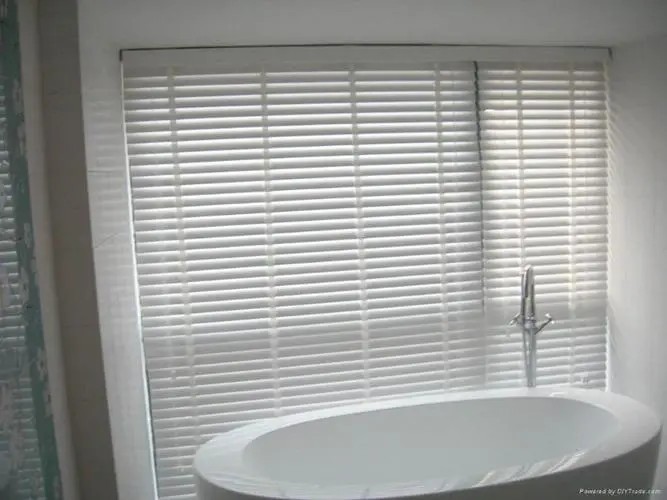Introduction to PVC Shutters
PVC shutters have become an increasingly popular choice for interior and exterior window treatments due to their resilience, versatility, and affordability. These synthetic shutters are crafted from polyvinyl chloride, a material known for its strength and resistance to various environmental factors. However, while they offer several benefits over traditional wooden shutters, there are also certain aspects that users should be aware of before making a commitment. This article delves into the use cases, advantages, and potential downsides of PVC shutters.

Where PVC Shutters Excel: Usage Scenarios
1. High Moisture Areas: PVC shutters excel in humid or damp environments such as bathrooms, kitchens, and poolside areas. Their waterproof properties ensure that they won't warp, rot, or attract mold and mildew.
2. Children's Rooms: For families with young children, PVC shutters are a practical solution due to their durability and ease of cleaning, which can withstand rough handling and accidental spills.
3. Rental Properties: Property owners and renters appreciate the resilience and low maintenance nature of PVC shutters, as they do not require frequent repairs or refinishing.
The Upside of PVC Shutters: Key Advantages
- Durability and Longevity: With a high tolerance for wear and tear, PVC shutters maintain their integrity even after prolonged exposure to sunlight and extreme temperatures.
- Ease of Cleaning and Maintenance: They can be easily cleaned using a damp cloth, without requiring any special treatments or coatings to preserve their appearance.
- Cost Efficiency: PVC shutters typically cost less than wooden alternatives, providing a budget-friendly solution without sacrificing on style or functionality.
- Design Flexibility: They come in a variety of colors and finishes, allowing for customization to match any architectural or interior design theme.
- Insulation and Light Control: The ability of PVC shutters to provide effective insulation against heat and cold can contribute to energy savings and improved indoor comfort.
Balancing the Scale: Considerations and Drawbacks
- Environmental Impact: Although advancements in PVC production have led to more environmentally friendly processes, it is still a non-biodegradable material, which might be a concern for eco-conscious consumers.
- Aesthetic Appeal: While PVC shutters can simulate the look of wood quite convincingly, some individuals may prefer the authenticity and warmth that real timber brings to a space.
- Thermal Expansion: Though generally robust, PVC can expand or contract slightly with significant temperature fluctuations, potentially affecting the fit and operation of the shutters over time.
- Perceived Value: In luxury home markets or for homeowners looking for materials that increase resale value, PVC shutters might not carry the same prestige as natural wood shutters.
In conclusion, PVC shutters present a compelling option for those seeking a practical, resilient, and affordable window treatment solution. By carefully weighing the pros and cons alongside your specific requirements and aesthetic preferences, you can determine whether PVC shutters are the perfect match for your home or business environment.

